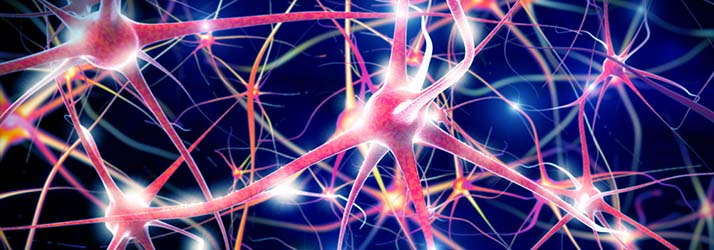Neurofeedback Therapy: An Effective Tool for Enhancing Mental Health and Wellness in Duluth GA

The human brain is an incredible organ that controls all aspects of our lives, including our thoughts, emotions, and behaviors. However, when the brain is not functioning properly, it can lead to a wide range of mental health issues such as anxiety, depression, and attention deficit hyperactivity disorder (ADHD). Fortunately, advancements in technology have led to the development of innovative therapies, such as neurofeedback therapy, that can help rewire and retrain the brain to improve mental health and wellness in Duluth GA.
What is Neurofeedback Therapy in Duluth GA?
Neurofeedback therapy is a type of biofeedback therapy that uses real-time feedback to train the brain to function more effectively. During a neurofeedback session, sensors are placed on the scalp to measure brain activity, and the results are displayed on a computer screen. The patient is then given visual or auditory feedback in real-time, allowing them to see how their brain is functioning and learn how to control it.
Research has shown that neurofeedback therapy is effective in improving a variety of mental health issues, including anxiety, depression, and ADHD. A recent study published in the journal Clinical EEG and Neuroscience found that neurofeedback therapy was effective in reducing symptoms of depression in patients with major depressive disorder. Another study published in the journal Applied Psychophysiology and Biofeedback found that neurofeedback therapy was effective in reducing symptoms of anxiety in patients with generalized anxiety disorder.
In addition to improving mental health, neurofeedback therapy has also been shown to be effective in treating migraines. A study published in the journal Headache found that neurofeedback therapy was effective in reducing the frequency and severity of migraines in patients. The study found that patients who received neurofeedback therapy had a significant reduction in the number of migraines they experienced each month and reported fewer migraine-related symptoms.
One of the benefits of neurofeedback therapy is that it is non-invasive and does not involve the use of medication. This makes it an attractive option for individuals who prefer a more natural approach to mental health treatment. Additionally, neurofeedback therapy has been shown to have few side effects, making it a safe option for individuals of all ages.
Neurofeedback therapy works by retraining the brain to function more effectively. This is achieved through a process called neuroplasticity, which refers to the brain's ability to change and adapt in response to new experiences. By providing the brain with real-time feedback, neurofeedback therapy can help individuals learn how to regulate their brain activity and improve their mental health and wellness.
Overall, neurofeedback therapy is an effective tool for enhancing mental health and wellness. It has been shown to be effective in treating a variety of mental health issues, including anxiety, depression, and ADHD, as well as migraines.
Neurofeedback therapy is non-invasive, has few side effects, and is a safe option for individuals of all ages. By rewiring and retraining the brain, neurofeedback therapy can help individuals improve their mental health and lead happier, healthier lives.
Sources:
- Bink, M., van Nieuwenhuizen, C., Popma, A., Bongers, I., & van Boxtel, G. (2015). Neurofeedback as a treatment for major depressive disorder: a pilot study. Clinical EEG and Neuroscience, 46(1), 62-70.
- Hammond, D. C. (2011). What is neurofeedback: An update. Journal of Neurotherapy, 15(4), 305-336.
- Marzbani, H., Marateb, H. R., & Mansourian, M. (2016). Neurofeedback: A comprehensive review on system design, methodology and clinical applications. Basic and Clinical Neuroscience, 7(2), 143-158.
- Prinsloo, S.,


